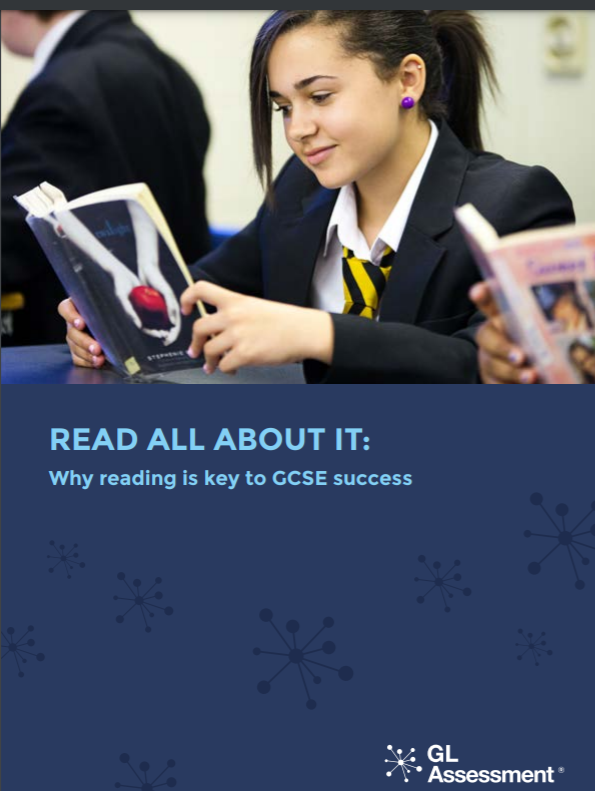14 May 2021

WoW – ultimately CPD Focus – Embedding Reading Warriors
Developing Voice Confidence
|
READING |
WRITING |
ORACY |
|
|
|
THIS WEEK
- Study Groups – The feedback proforma is due in by the end of June to RLO (template here).
- CPD Focus – continued focus on reading. Please refer to the reading ages of students when planning your lessons. Parents/Carers will be informed of these reading ages as soon as is possible. Continue to use Reading Warriors (resources are saved here) and the Reading Quick Wins approaches (here) where possible.
- REMINDER: Setting work – please ensure that work is uploaded, as per department approach (i.e. Class Materials or Assignments), for every lesson so that isolating students can complete.
REFLECT
Feedback - Plan - Teach
Link to this term’s CPD focus – Embedding Reading Warriors, developing voice confidence
Key Priorities
- Embedding Reading Warriors when appropriate
- Giving students to opportunity to use their voices within your lessons (whether reading their work or from a text)
- Promoting wider reading within your subjects and reading for pleasure
This week’s reflection, linked to reading, stems from the report by GL Assessment (the foreword by Alex Quigley): ‘READ ALL ABOUT IT: Why reading is key to GCSE Success’.
‘Several academic studies over the past few years have suggested that there is a strong link between reading ability and general academic performance.
‘Children who are more literate, it’s argued, can more easily access the curriculum than those who struggle, and have more opportunity to succeed academically. Ofsted clearly agrees. Its latest framework has emphasised the crucial role of reading in enabling children to access the whole school curriculum and its continued importance throughout a child’s school career – not just in primary.
‘As it points out, “If we want to give all children an opportunity, a good place to start is reading to them frequently, introducing new vocabulary and meaning within contexts that stimulate their thinking.” Unsurprisingly, the inspectorate has been especially concerned that ‘all children’ cannot readily access the curriculum if their literacy is poor. Consequently, inspectors have been keen to learn if schools can identify struggling pupils, the help they receive and the progress being made.
‘Teachers in turn have raised pertinent questions. It might be assumed that there is a strong correlation between reading ability and performance in arts subjects but what about maths and science – is it as evident? How important is vocabulary and subject literacy? What is the impact of gender and social context?
‘To answer these questions, GL Assessment analysed the data from more than 370,000 secondary school pupils across the UK in one of the largest studies of its kind. We have also drawn on the initial findings of the Blackpool Key Stage 3 Literacy Project, which aims to raise the reading abilities of children in one of the most challenging areas of the country, and looked at one secondary school in particular to find out what obstacles to literacy teachers are facing and how they are overcoming them. The results are illuminating. … study showed that there is a significant correlation between reading ability (as measured by the New Group Reading Test…) and GCSE results across all subjects.
‘This was not just the case in English, but in maths and science too. Indeed, the correlation between good literacy and good student outcomes at GCSE was higher in maths (0.63) than in some arts subjects like history (0.61) and English literature (0.60).
‘To assess the degree of association between NGRT and grades in GCSE we use a measure called the correlation coefficient. The correlation coefficient will vary between 0 (no association) and 1 (perfect agreement). Correlations above 0.7 are considered strong; correlations around 0.5 and 0.6 are moderate and statistically significant. High correlations in arts subjects are not surprising. But the correlations in maths and the sciences also underscore just how ‘text heavy’ most academic subjects are and why literacy is so crucial. Even the more expressive subjects – art, drama, music – have strong correlations to reading ability. Creativity, in effect, will be enhanced by reading.’
Clearly this underscores the intent of why we are prioritising reading across our curriculum in its entirety. This report certainly provides food-for-thought…
Remember to hit the ‘Excellent Reading’ button on Classcharts to build our students’ confidence with hearing their own voices reading aloud.
Useful references:
See Alex Quigley’s full blog here:
Teaching and Learning Policy (containing blended learning approach)
WLD planning template (updated January 2021)
TOP TIPS
Remember that you have all shared resources in WLD Teachers – CPD – 2020/21 – Reading Warriors
(here)
As well as Reading Warriors, try one the DARTs (Direct Activities Relating to Texts) activities summarised here (there is some overlap):
CPD CASCADE
Mental Health Family Hour (RSW)
‘This week’s was suicide bereavement and one of our guests (Helen), shared her experiences of losing to suicide. Helen unfortunately lost her partner whilst she was pregnant and had an 11 month old son. Helen is an incredibly strong and inspiring woman, who is also an absolutely fantastic speaker. If you have the time, please do watch this. I personally learnt a great deal and I am sure you would too.’
The link to the episode - https://youtu.be/3E8yymSstFo
The National College
Please contact RLO if you have forgotten your login.
Internet Safety - DTU
https://www.youtube.com/watch?v=TOiWFQQQ_04
ACEs training - PHO (emailed information 7th April)
https://thenationalcollege.co.uk/hub/view/webinar/adverse-childhood-experiences
Mental Health Training – Free - PHO
- It's FREE
- Open to anyone
- Do it when you want, you just need to register for a dated cohort.
https://www.place2be.org.uk/foundation
Combat Reading
Gwynne Ash and Melanie Kuhn: Fluency Instruction: Research-Based Best Practices.
Feedback - Plan - Teach
Posted by Rachel Long
Category: Teaching and Learning Digests
